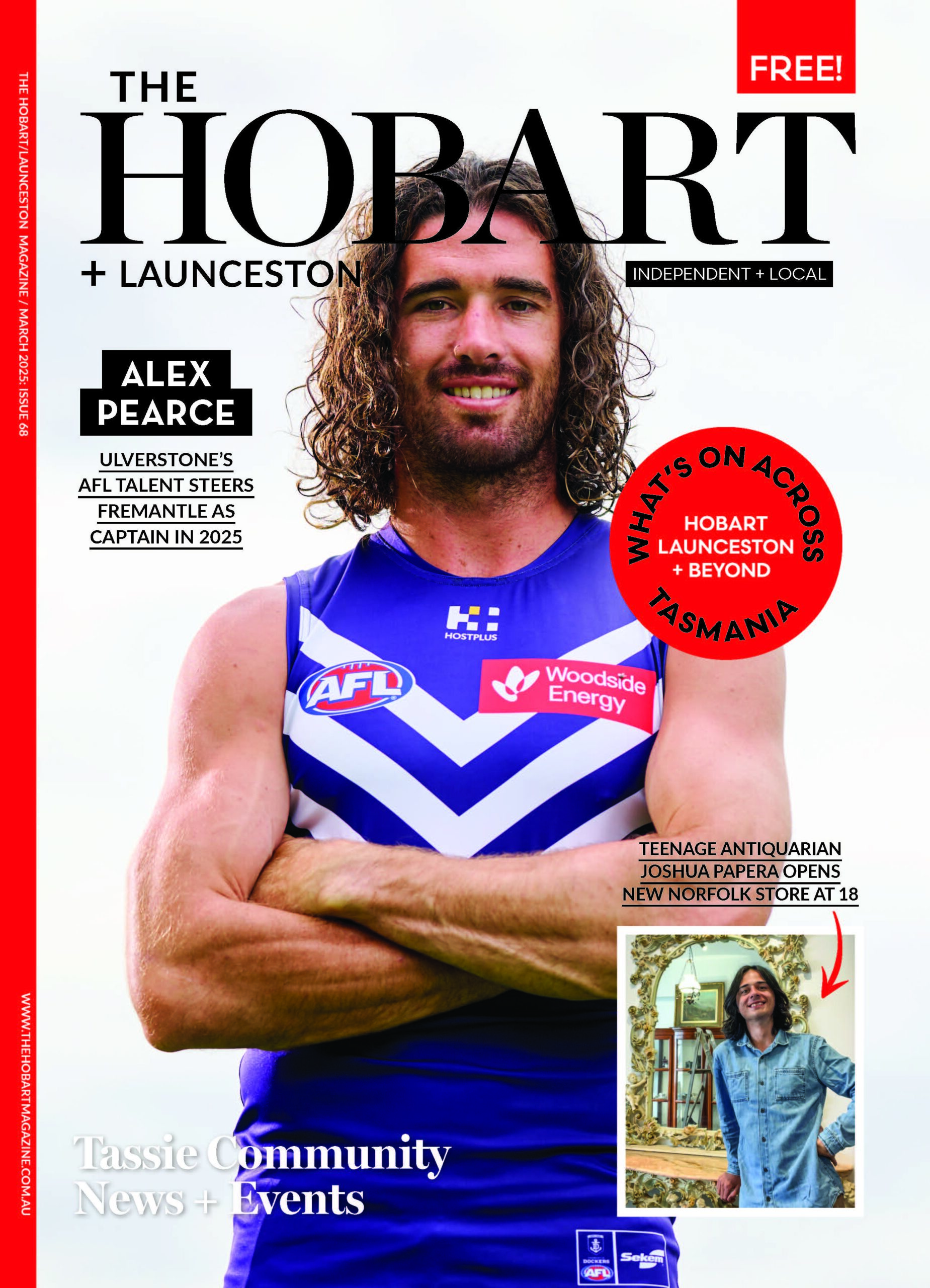Words: The Good, The Bad And The Puzzling
by Amanda Double

As pandemic-related words and phrases (flatten the curve, our new normal, double-vaxxed) have quickly become part of everyday speech over the past two years, it was inevitable that Australia’s “Word of the Year” for 2021 would reflect part of our Covid experiences.
“Strollout”, referring to “the slow implementation of the COVID-19 vaccination program in Australia”, was in November last year chosen for this honour by the Australian National Dictionary Centre, which is based at the Australian National University and jointly funded by Oxford University Press Australia.
According to the Centre’s Director, Dr Amanda Laugesen, “Large-scale programs to vaccinate millions were implemented worldwide. In Australia the rollout was initially described by political leaders as ‘not a race’. For many Australians, the pace of the rollout was considered too slow. The Australian term strollout captured this mood. The slowness of the rollout didn’t change momentum until vaccination was seen as the ‘pathway to freedom’, particularly as case numbers rose in NSW.”
Later in November, Australia’s Macquarie Dictionary confirmed “strollout” as its 2021 Word of the Year as well. Selected by a committee of linguists and wordsmiths from a longlist of just over 75 words, it was also chosen as the People’s Choice. “For only the second time, the People’s Choice is the same as the Committee’s Choice, and it was a clear winner, way ahead of the rest of the field. There are obviously strong feelings about the actual ‘strollout’, but the word’s popularity is no doubt influenced by that Australian wryness evident in its construction,” noted the Dictionary.
A year earlier in 2020, the Macquarie Committee had chosen “doomscrolling” (“the practice of continuing to read news feeds online or on social media, despite the fact that the news is predominantly negative and often upsetting”), with “Rona” (a shortening of coronavirus) as a special extra COVID Word of the Year. And the People’s Choice comprised two different words as well: “Covidiot” (“a person who refuses to follow health advice aimed at halting the spread of COVID-19, as by not social distancing, taking part in large gatherings, etc., as well as buying large amounts of perceived staples, especially toilet paper”), sharing the honour with “Karen” (“derogatory a term used predominantly to refer to a middle-class white woman, often of generation X, who is regarded as having an entitled, condescending and often racist attitude”).
Ironically, the word “Karen” also appeared on the 2021 “Banished Words List” produced by America’s Lake Superior State University (LSSU), with the following explanation, “What began as an anti-racist critique of the behavior of white women in response to Black and Brown people has become a misogynist umbrella term for critiquing the perceived overemotional behavior of women. As one nominator said about reasons for its banishment, ‘I would tell you why, but I’d sound like a Karen.’ Another critic observed, ‘Offensive to all normal people named Karen.”
Funnily enough, “COVID-19 (COVID, coronavirus, Rona)” was also on the LSSU 2021 list. “A large number of nominators are clearly resentful of the virus and how it has overtaken our vocabulary. No matter how necessary or socially and medically useful these words are, the committee cannot help but wish we could banish them along with the virus itself. Coincidentally, this list arrives as does a vaccine—the committee hopes this proves a type of double whammy.”
Lake Superior State University has produced the annual tongue-in-cheek Banished Words List since 1976, “to uphold, protect, and support excellence in language by encouraging avoidance of words and terms that are overworked, redundant, oxymoronic, clichéd, illogical, nonsensical—and otherwise ineffective, baffling, or irritating.”
It receives thousands of nominations from all over America and overseas, and has in fact already published its Banished Words List for 2022, which includes (among nine others), the phrase very popular in Australia, “No worries” – apparently nominated for misuse and overuse: “this phrase incorrectly substitutes for ‘You’re welcome’ when someone says ‘Thank you.’ A further bungling relates to insensitivity. ‘If I’m not worried, I don’t want anyone telling me not to worry…If I am upset, I want to discuss being upset.”
Obviously, one person’s favourite word or phrase is another’s dreaded bugbear or “bête noire”. But a recent new craze celebrates words and word-building in a gentle and very satisfying way. “Wordle”, an online word puzzle apparently invented by New York software engineer Josh Wardle for his partner late last year, but which has since swept the world.
Every day there’s a random new five-letter word to guess, with players allowed up to six chances to identify it. At each attempt, a green tile means that letter is in the word and also in the correct spot, a yellow tile means the letter is included but it’s in the wrong spot, and grey tiles signify those letters are not included at all. It’s quick, it’s easy while still managing to exercise the brain, and it’s addictive. Beware of copycat scams demanding subscriptions –the real game is free, and available from www.powerlanguage.co.uk/wordle

